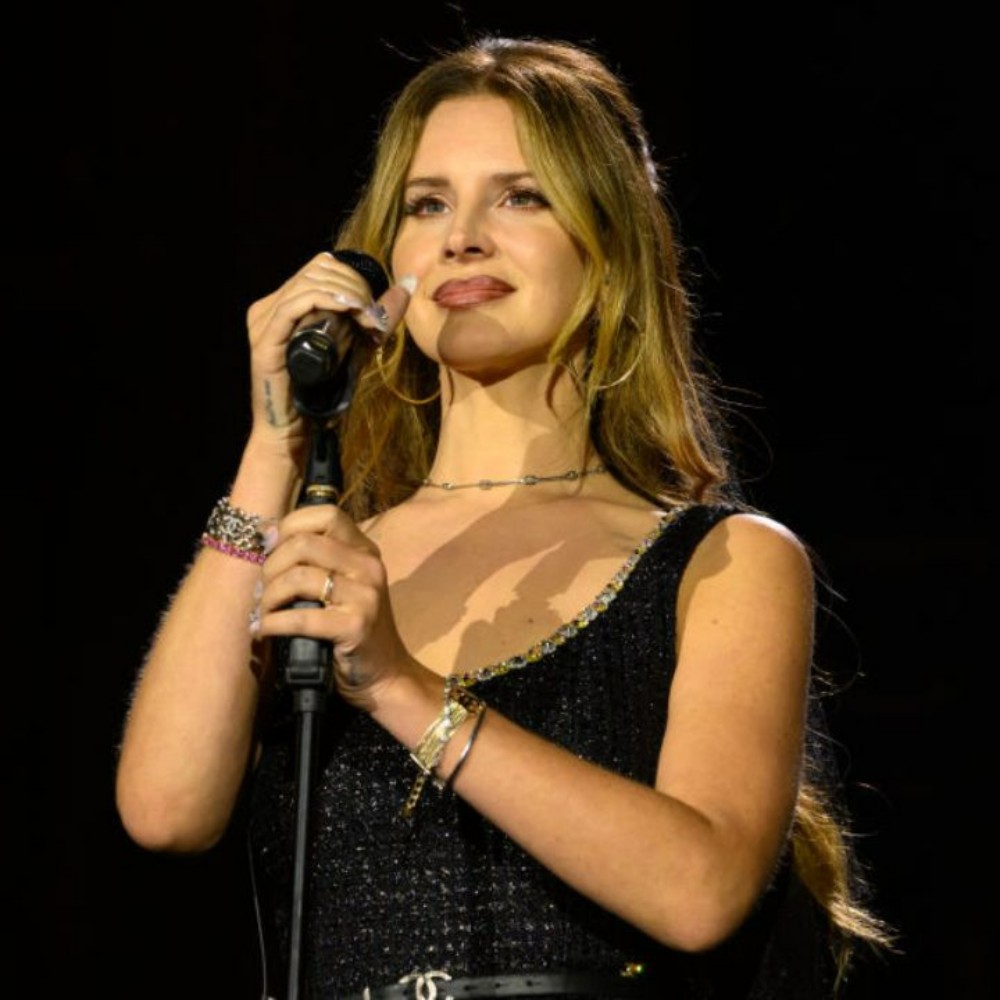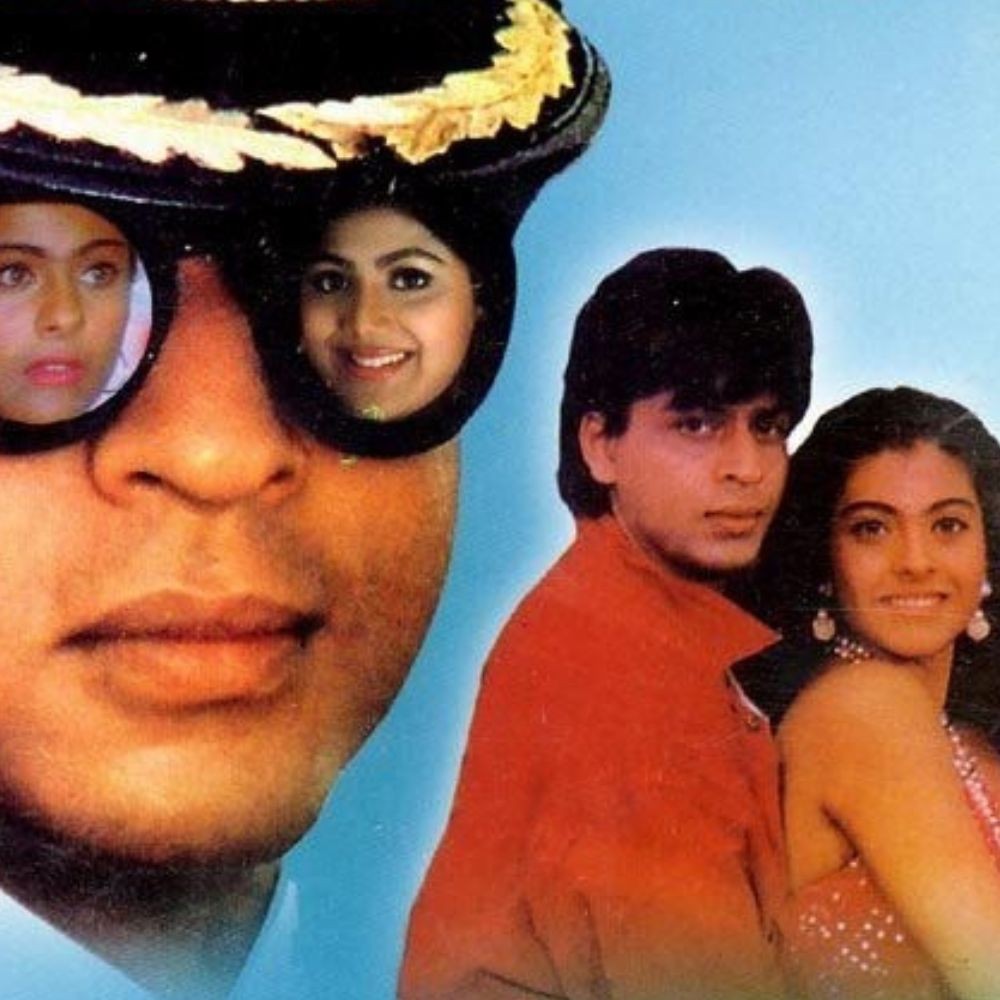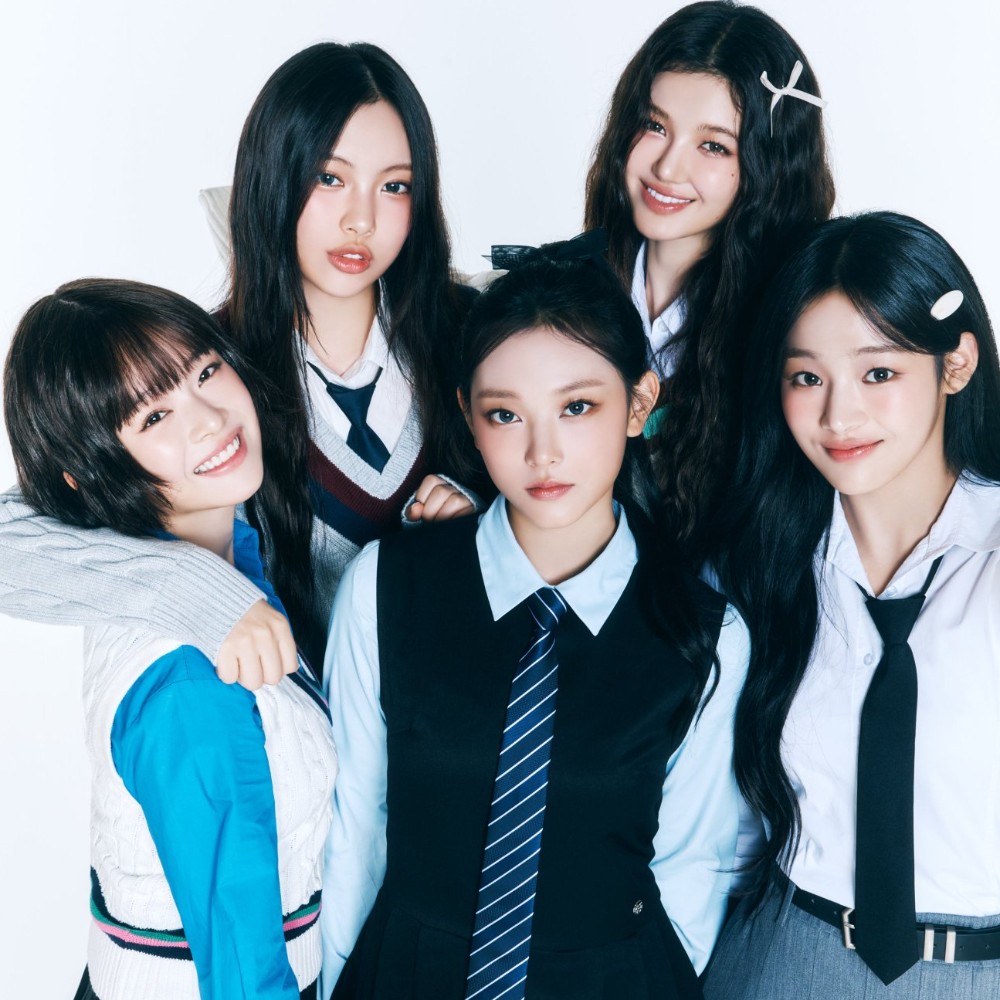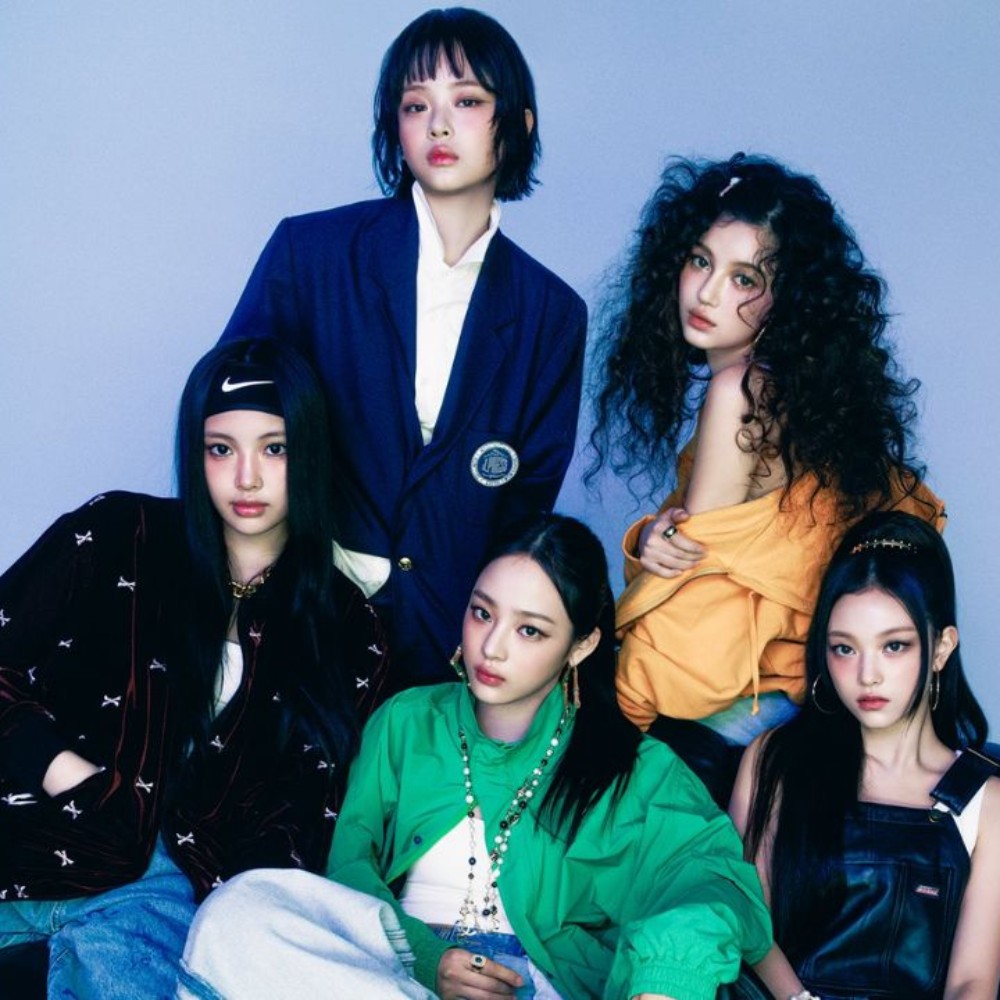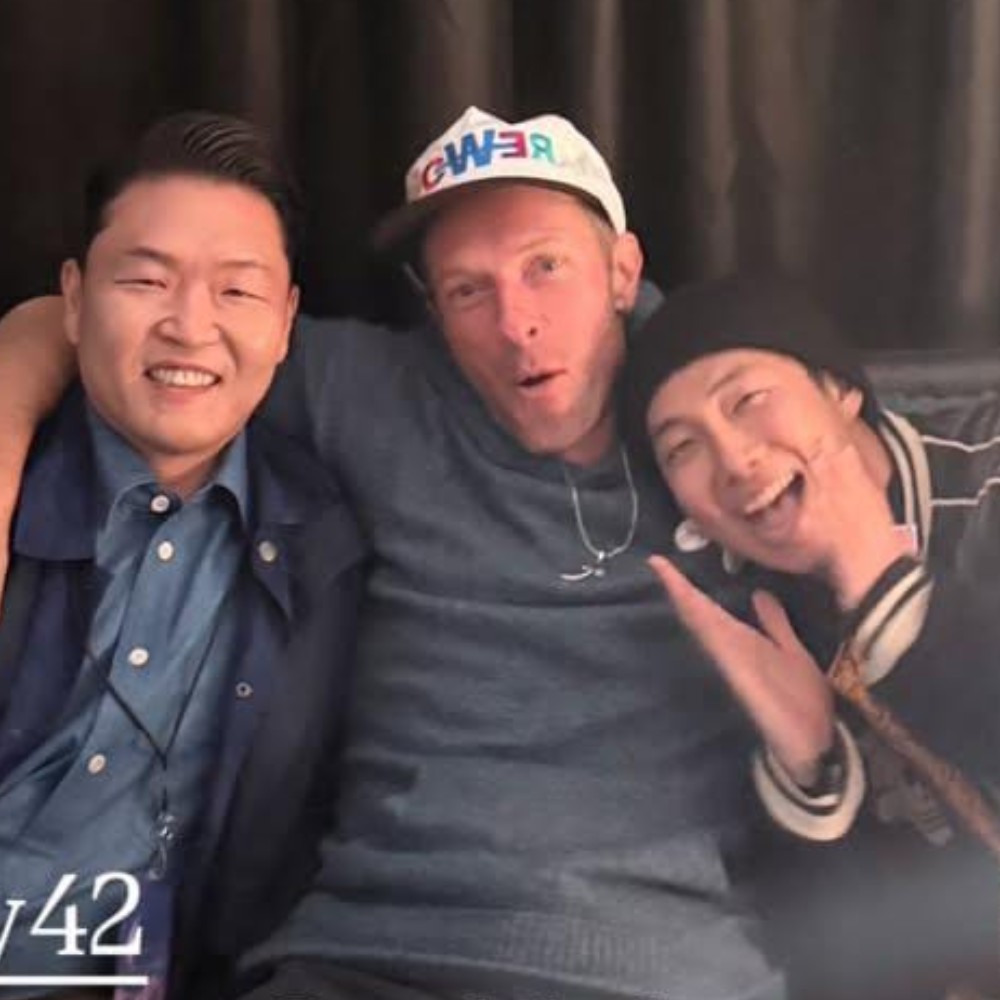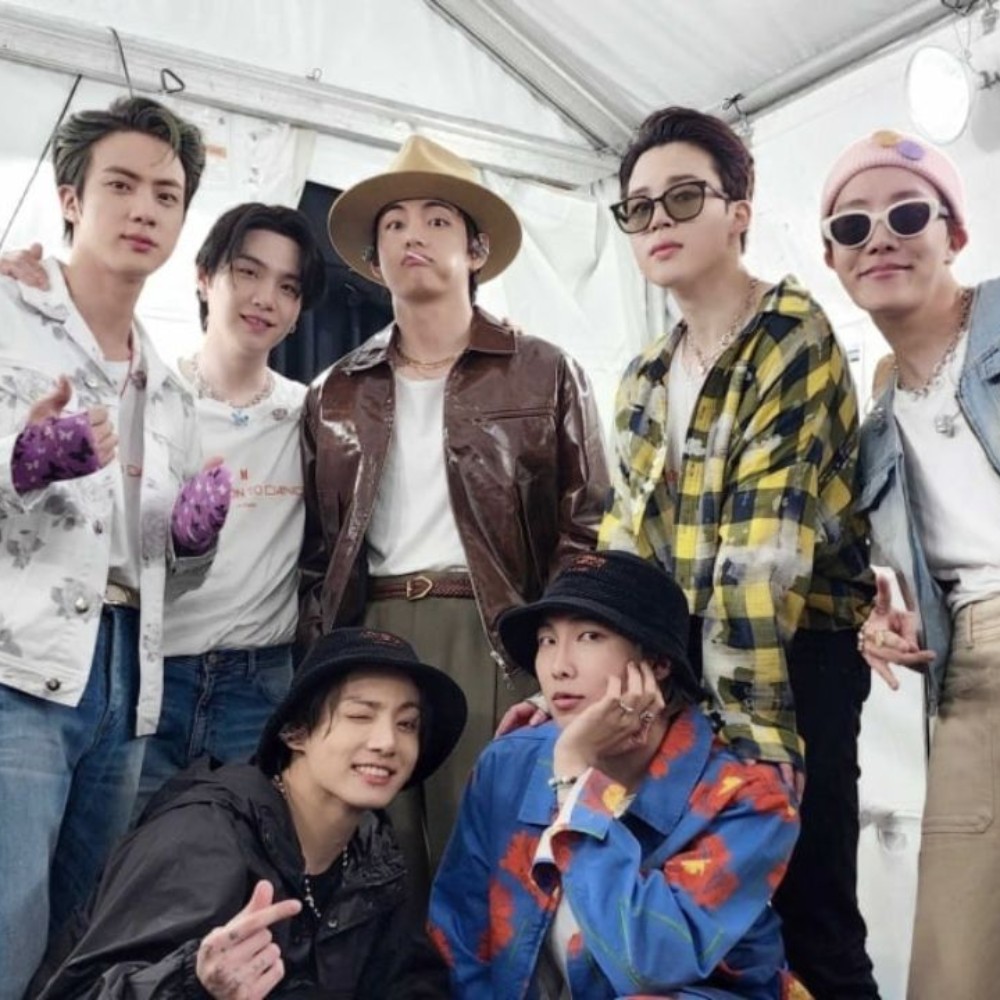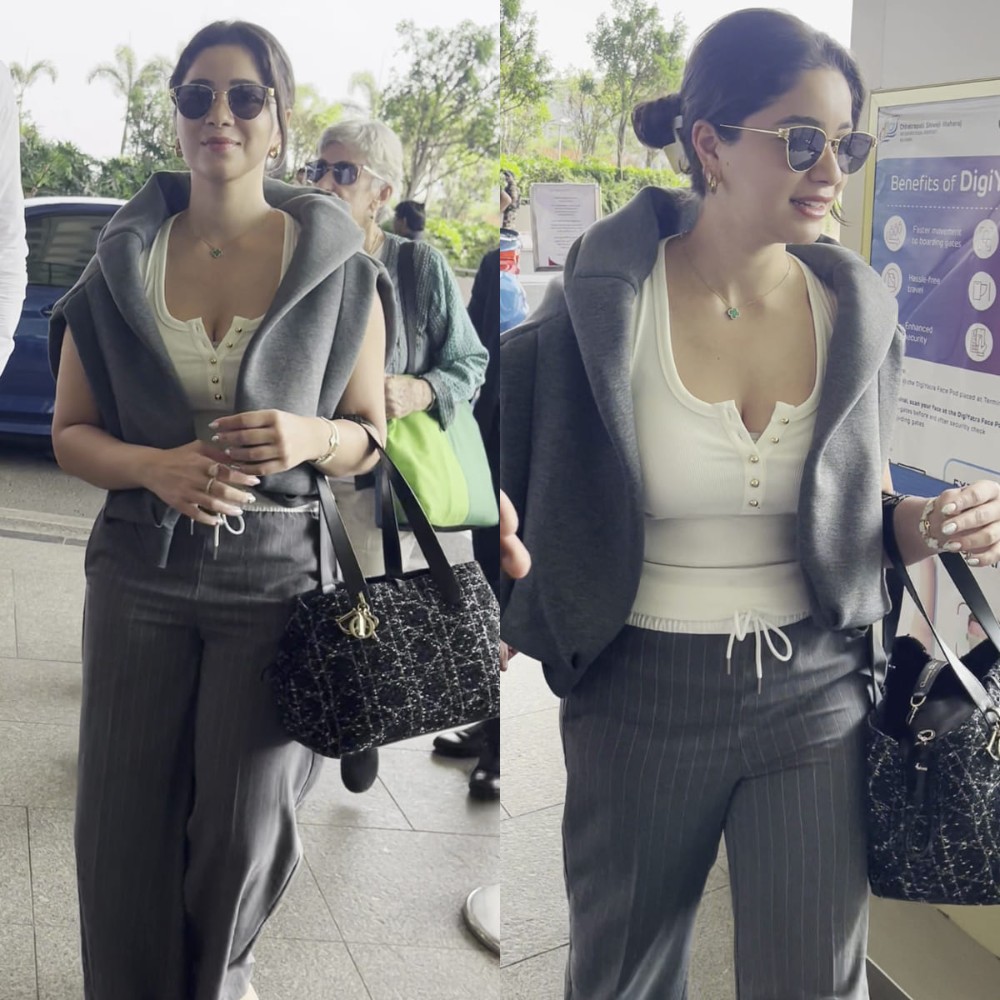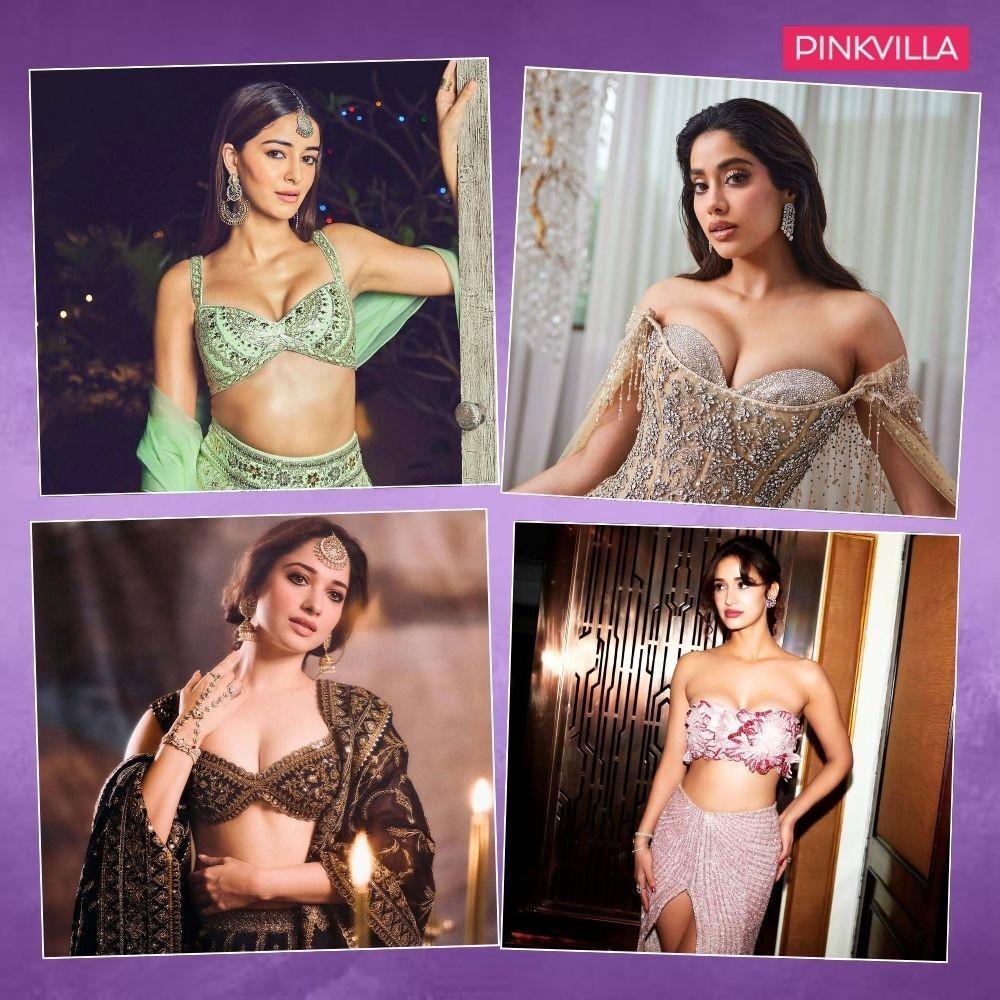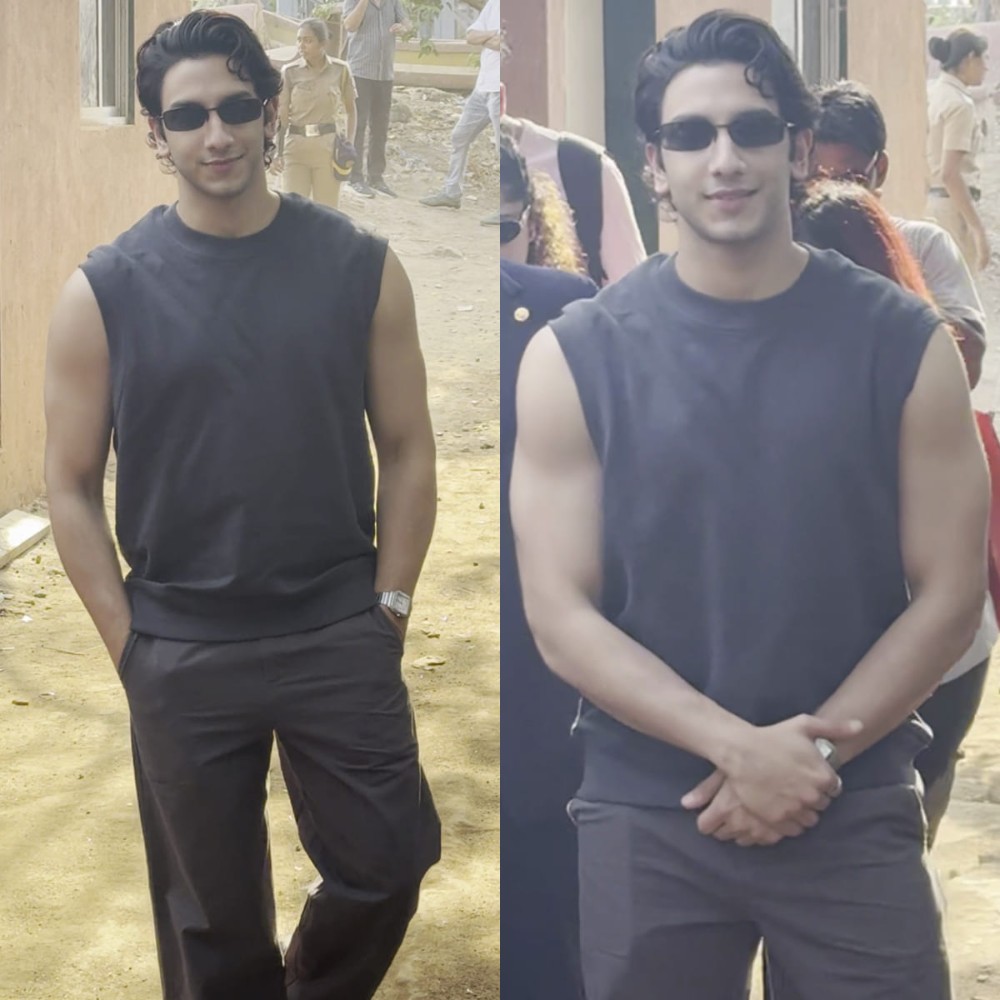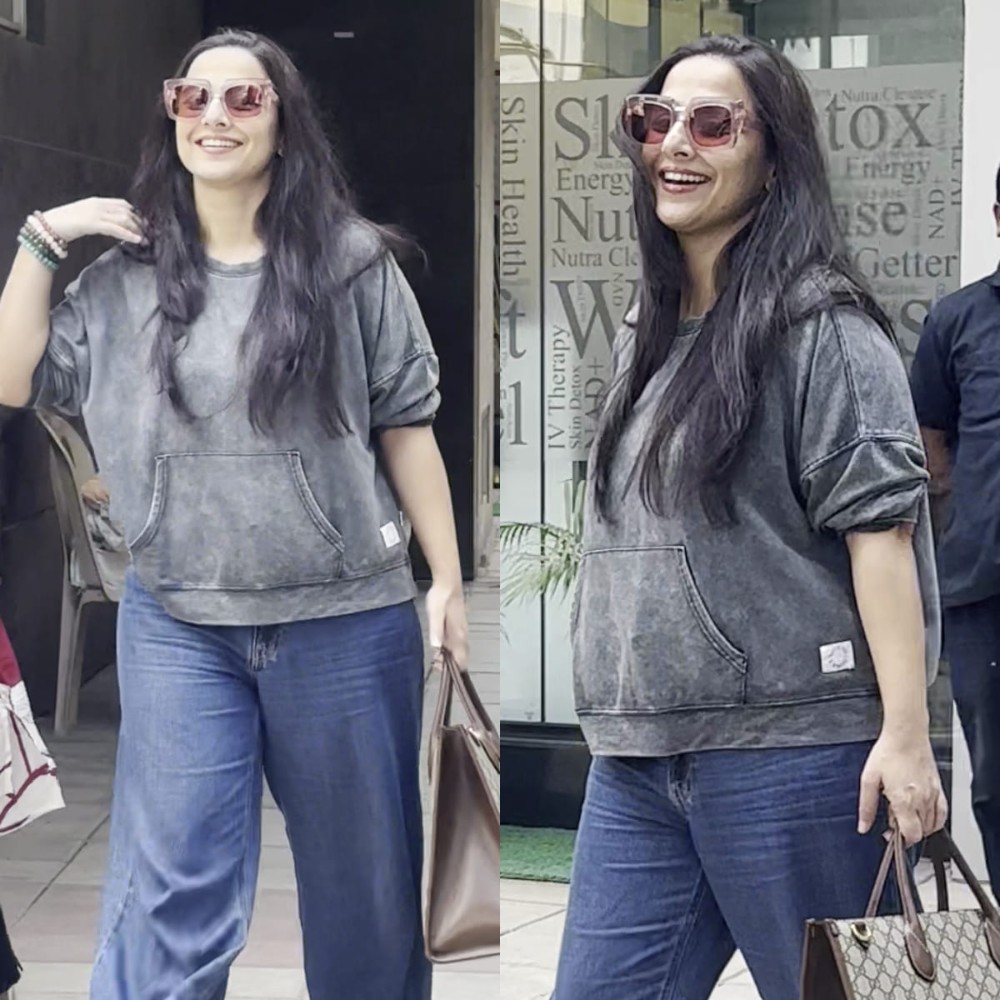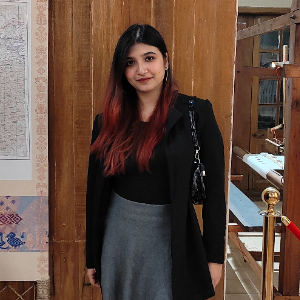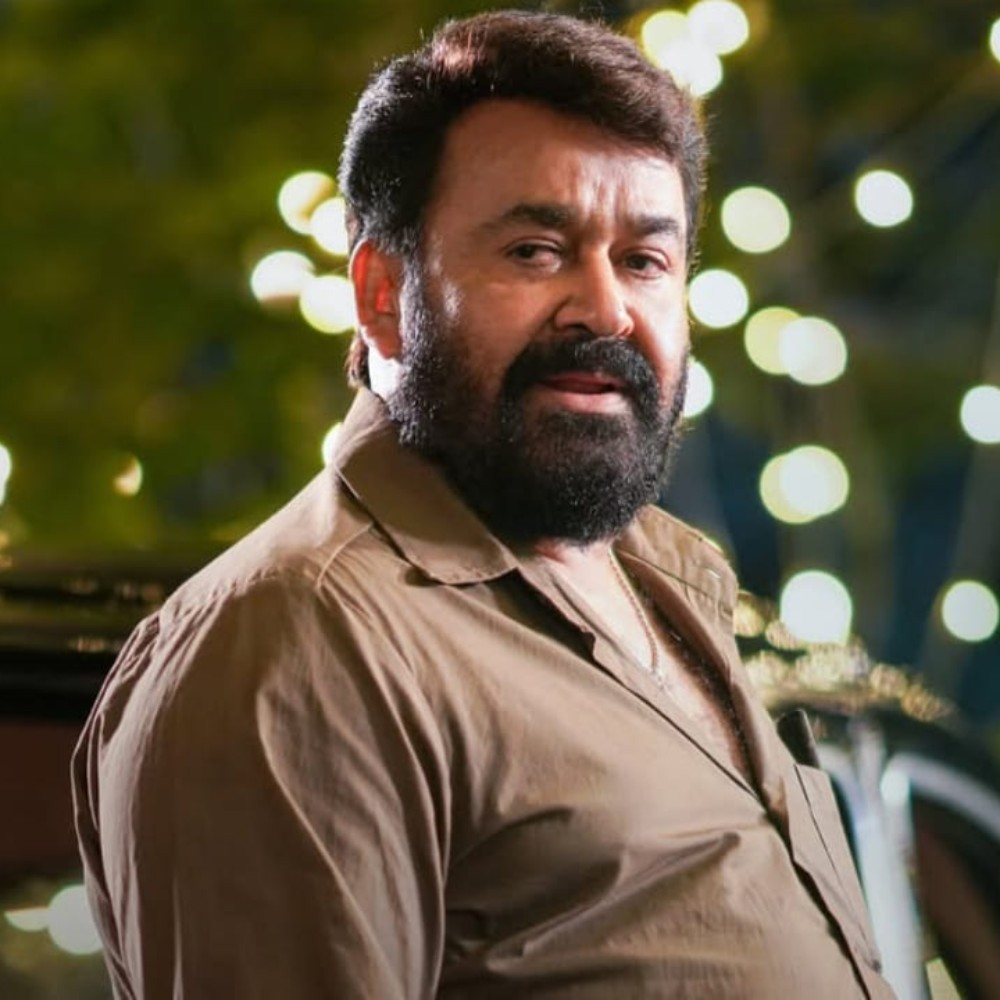10 best Korean dating shows that will keep you hooked with drama and romance
Let’s take a look at some of the best Korean dating shows that will keep you glued to the screen.
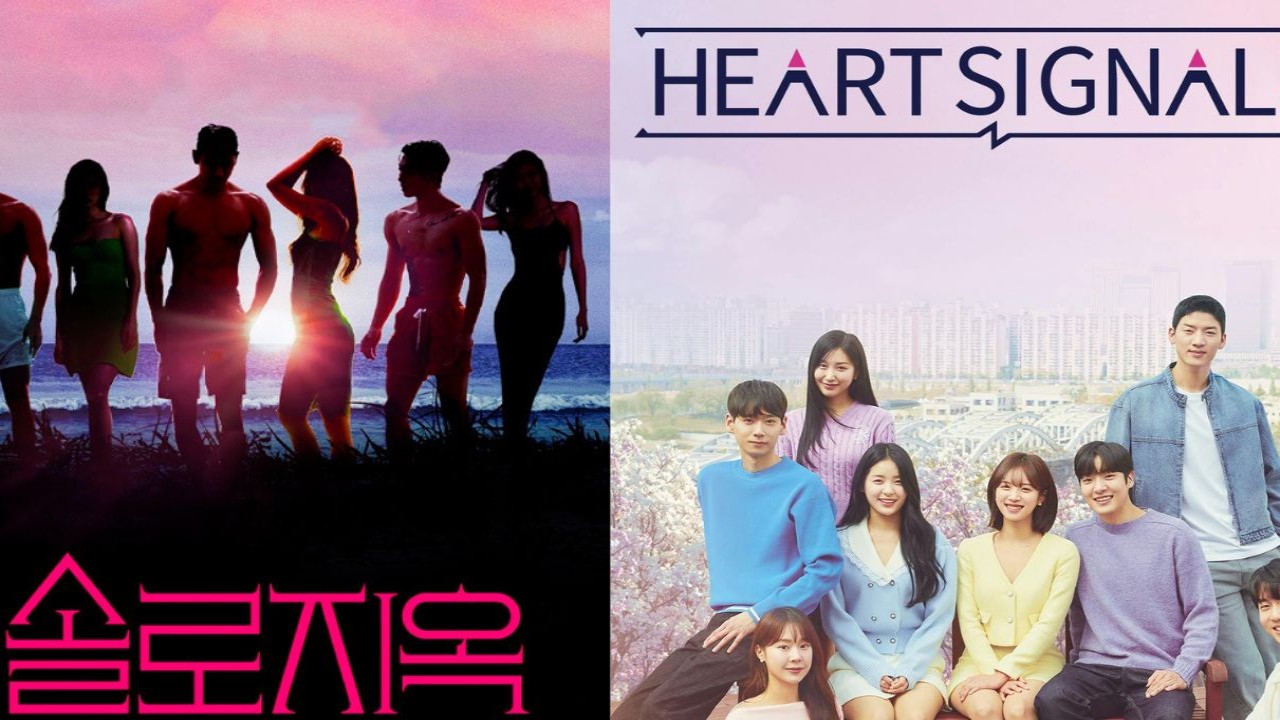
With intriguing formats and relatable content, Korean dating shows have gained immense popularity both in South Korea and internationally. Unlike typical Western reality dating shows, these dating programs often incorporate cultural nuances, subtler romantic dynamics, and an emphasis on emotional development rather than physical attraction. Here, a list of Korean reality dating shows has been curated just for you to indulge in.
10 best Korean dating shows
1. Single’s Inferno
Arguably one of the most internationally recognized Korean dating shows, Single’s Inferno first premiered in December 2021 on Netflix. The premise involves a group of attractive singles stranded on a deserted island known as “Inferno,” where they must form connections without revealing personal details like age or occupation.
The only way to escape "Inferno" and spend a luxurious night in "Paradise" is to form a romantic match. The show thrives on the contrast between the primitive setting and the refined allure of its contestants, with its slow-burning emotional build-up.
What sets Single’s Inferno apart is its minimal interference by the hosts or producers, letting the interactions unfold naturally. The show explores the authenticity of romantic attraction when typical societal barriers are removed, and physical attraction is not the only driving force behind connections.
2. Transit Love (EXchange)
Transit Love takes a bold step in the realm of dating shows by inviting couples who have previously broken up to live together in a shared house. Over the course of the show, these ex-couples have to decide whether to rekindle their old romance or move on to someone new. This emotional roller-coaster taps into viewers' fascination with unresolved feelings, closure, and second chances.
The show capitalizes on the inherent tension between the past and the present, with contestants caught between rekindling old flames or exploring new romantic possibilities. It is both a celebration and an examination of love’s complexities, drawing viewers who enjoy the emotional stakes and the unpredictable nature of former lovers reuniting.
3. Love Catcher
Love Catcher introduces a thrilling layer of strategy to the dating genre. In this show, contestants are divided into two groups: Love Catchers, who are looking for genuine love, and Money Catchers, who are only in it for a cash prize. Throughout the series, contestants must figure out who is being sincere and who is playing for money. The constant tension of deception and authenticity keeps both contestants and viewers on edge.
This show stands out due to its combination of romance and game theory. It offers a fresh perspective on trust and manipulation in relationships, poses philosophical questions about the authenticity of romantic pursuits, and challenges viewers to examine their own assumptions about love.
4. Heart Signal
Heart Signal is widely known for its gentle pace and emotional depth. In this show, strangers live together in a house, and instead of overt flirtation or bold moves, much of the tension lies in the quiet, everyday moments shared between participants. A panel of experts and celebrities provides commentary, attempting to predict romantic pairings and analyze the contestants' behavior.
The appeal of Heart Signal lies in its ability to highlight subtle cues of affection, such as eye contact, casual conversations, and non-verbal communication. It caters to audiences who appreciate the slow-burn nature of romance and the fine details that make romantic connections feel real and organic.
5. I Am Solo
As its name suggests, I Am Solo features single people who are genuinely looking for love. Contestants are often older and come from various backgrounds, making the show more mature compared to others. What makes I Am Solo stand out is the straightforward approach to dating, as the contestants express their intentions clearly and are often more goal-oriented than the younger participants in other shows.
The focus on compatibility, open communication, and the real-life struggles of finding a partner later in life adds a level of realism and relatability for older viewers or those looking for more serious relationships.
6. Bed on the Beach
A daring concept, Bed on the Beach brings together young singles who share a beach house. The show is more open about physical attraction and flirtation compared to other Korean dating shows, making it closer in tone to Western reality dating programs. Contestants are encouraged to form romantic connections while navigating the complexities of jealousy and competition.
The setting allows for spontaneous romantic developments, which, combined with the youthful cast, creates a vibrant, unpredictable atmosphere. The blend of lighthearted fun and emotional tension makes this show appealing to a broad demographic.
7. Somebody
A fascinating twist on the dating show format, Somebody revolves around dancers who connect not only through romance but also through their shared passion for dance. Contestants showcase their talent while building relationships, and the show blurs the lines between art and romance. The intensity of their performances often mirrors the emotional depth of their interactions, creating a unique fusion of art and love.
This show’s innovative format appeals to both dance enthusiasts and those looking for a deeper, more expressive form of dating entertainment. The shared artistic connection adds an extra layer of emotional resonance that sets it apart from traditional dating shows.
8. Change Days
Change Days features real-life couples who are struggling in their relationships. They are given the opportunity to date other people in an effort to rediscover themselves and their needs in a relationship. At the end of the show, they must decide whether to stay together or break up.
This concept explores the intricacies of long-term relationships and the difficulties of maintaining love over time. It resonates with viewers who have experienced relationship challenges and want to see whether love can truly endure trials and tribulations.
9. Pink Lie
In Pink Lie, each contestant is hiding a significant lie about themselves, such as their job, age, or another key aspect of their identity. As the show progresses, these secrets are gradually revealed, and contestants must decide whether they can accept each other’s true selves.
The premise forces both contestants and viewers to confront questions about honesty, trust, and the foundations of romantic relationships. The show’s intriguing concept of deception makes for compelling television as participants navigate the consequences of their hidden truths.
10. Nineteen to Twenty
Nineteen to Twenty follow participants in the pivotal period between adolescence and adulthood. The show documents the contestants’ experiences as they transition into their twenties, with romance playing a central role in their growth. The show stands out for its focus on self-discovery and the coming-of-age process, offering a fresh perspective on young love.
This show’s appeal lies in its ability to capture the innocence, excitement, and uncertainty of first love, resonating with younger audiences who are also on the brink of adulthood.
The above-mentioned Korean dating shows have captivated viewers by blending emotional depth, cultural nuances, and creative formats. From the high-stakes deceptions of Love Catcher to the artful connections in Somebody and the raw honesty of Change Days, these shows explore the many facets of love, trust, and attraction.





 JOIN OUR WHATSAPP CHANNEL
JOIN OUR WHATSAPP CHANNEL